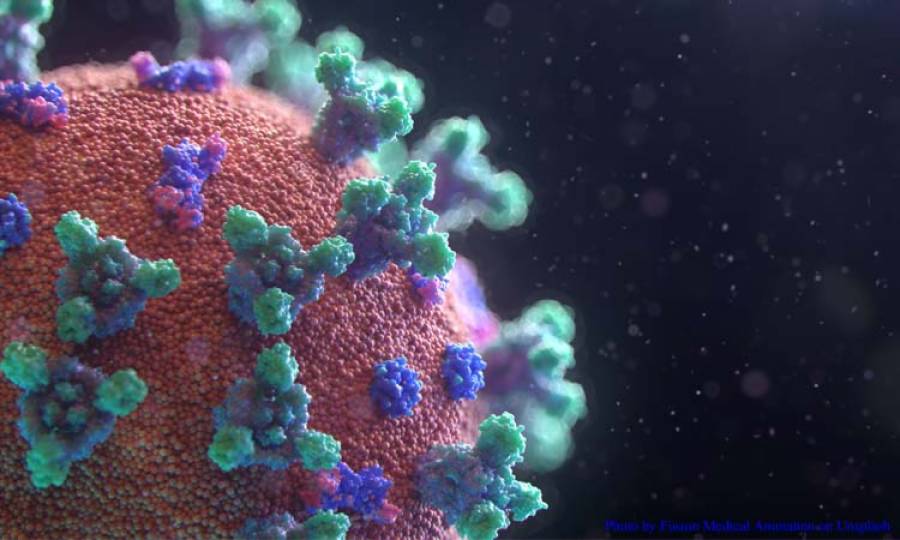Omicron seems to be highly transmissible: Prof Alex Richter
BIRMINGHAM: The Omicron variant had also been detected in Pakistan, according to the National Command and Operation Centre (NCOC). As per their report, the National Institute of Health in Islamabad had confirmed that a newly suspected Sars-CoV2 sample from Karachi is certainly the Omicron variant.
In an exclusive interview with Medical News, Pakistan, Prof Alex Richter, Department of Clinical Immunology, University of Birmingham, revealed the facts and her predictions about the Omicron variant. According to her, governments are justified to be concerned since Omicron looks to be highly transmissible. Further, there is a swift upsurge in Omicron cases globally, and there is a severe dearth of data about the effectiveness of vaccinations against this new variant of COVID-19.
What do you think about the transmissibility and characteristics of Omicron? And should the government be concerned about it?
Prof Alex Richter acknowledged that Omicron appears to be highly transmissible, and governments are right to be concerned. She stated, “The evidence for this is the rapid increase in cases which have been detected in so many different countries around the world. The concern is not just a rise in cases but the potential to evade the success of vaccinations and also monoclonal antibody therapies. We don’t yet know the extent of this evasion, but there is the potential to impact whole strategies aimed at reducing transmission and treatment protocols. We also need to consider that, whilst cases remain high, more variants are highly likely to emerge.”
Do you think people should go for booster doses?
While answering this question, she asserted, “We know there is the significant waning of immunity generated by vaccines from four months after the second dose; therefore, the assumption is that we need the higher antibody and T cell levels that we have seen following booster vaccines to reduce infection risk against the current predominant delta variant. We know this will definitely help against delta, and we hope that these higher levels will provide at least some protection against Omicron”.
What can you tell the audience about the faith or future of Omicron?
She expressed, “What the future looks like is dependent on what we learn about immune evasion of Omicron over the next two weeks, which will be a critical period. If there is a significant impact on the efficacy of vaccines and monoclonal antibody therapies, then we will have to rely on the reduction of transmission of infection as a primary strategy, making the UK Government’s Plan B more likely.”

Advertisement
Trending
Popular
Aging: New study identifies key lifestyle, environmental factors ...
-
Hair loss: Discovery uncovers key stem ...
08:00 PM, 25 Feb, 2025 -
Broccoli sprout compound may help lower ...
11:31 AM, 25 Feb, 2025 -
Gas Pain vs. Heart Attack: How to tell ...
09:00 PM, 22 Feb, 2025 -
Coconut oil supplement shows promise ...
08:00 PM, 20 Feb, 2025





